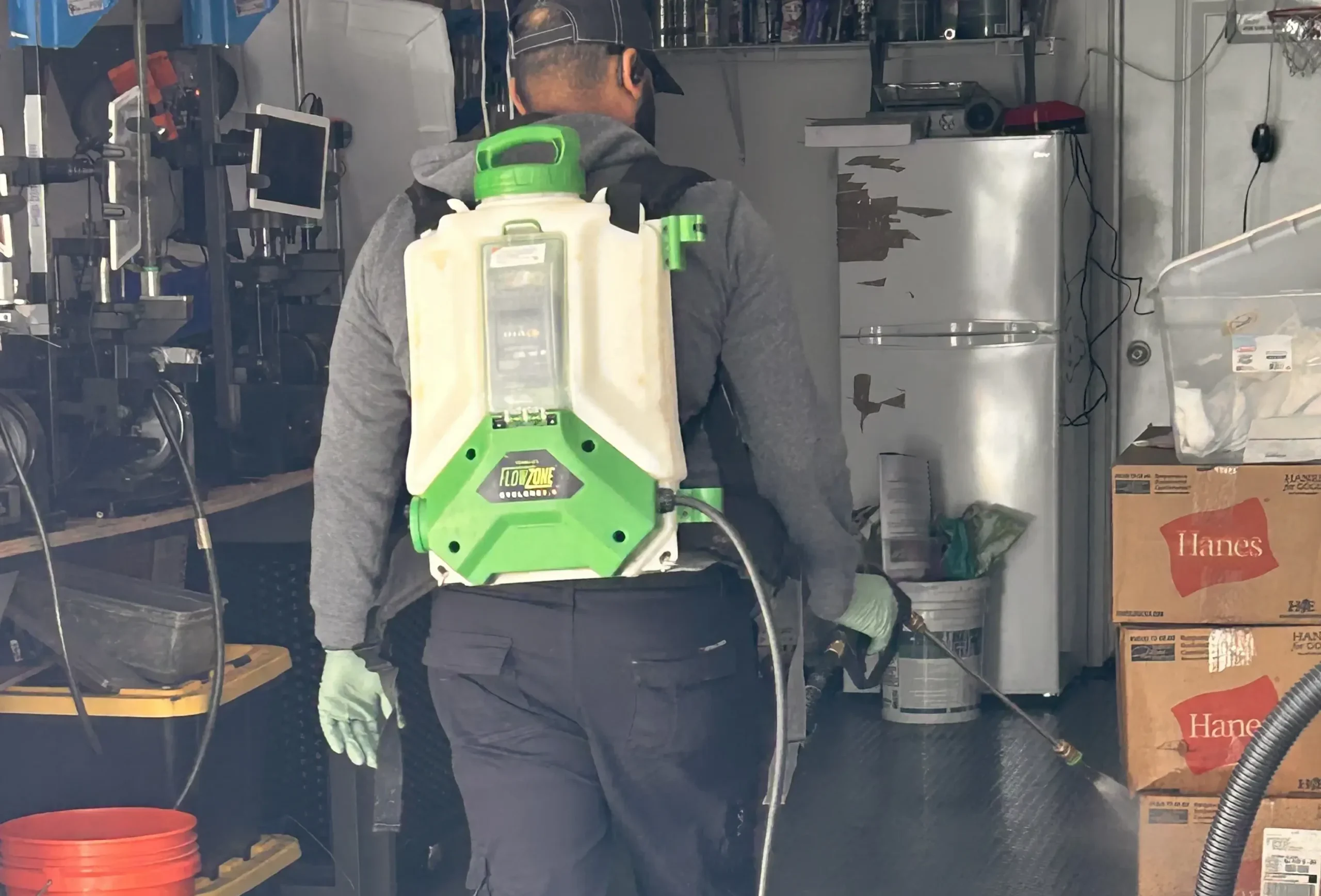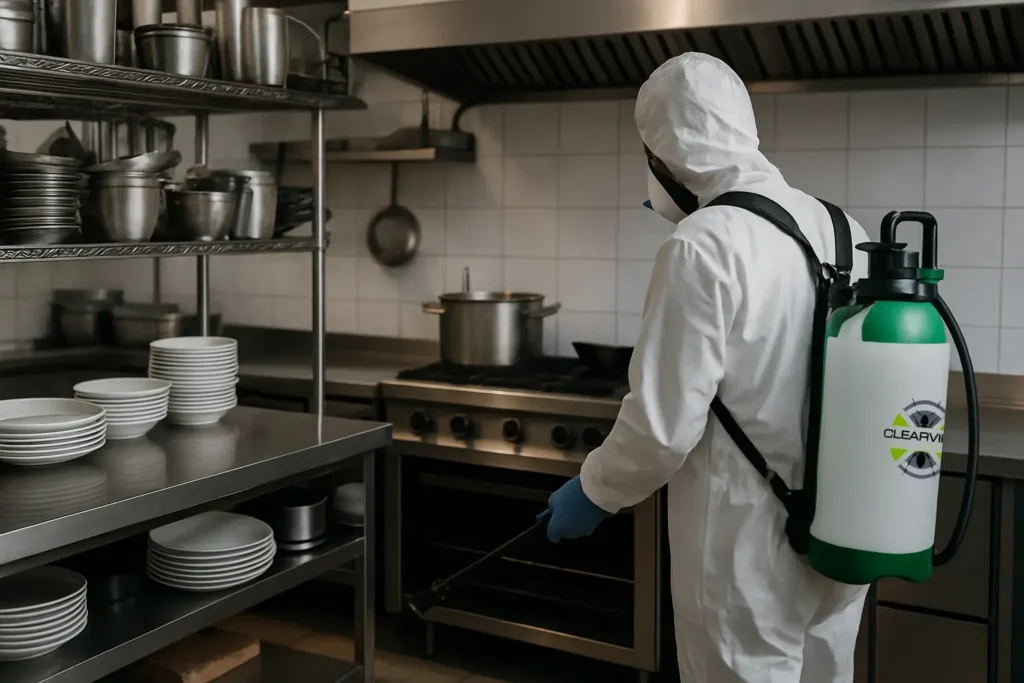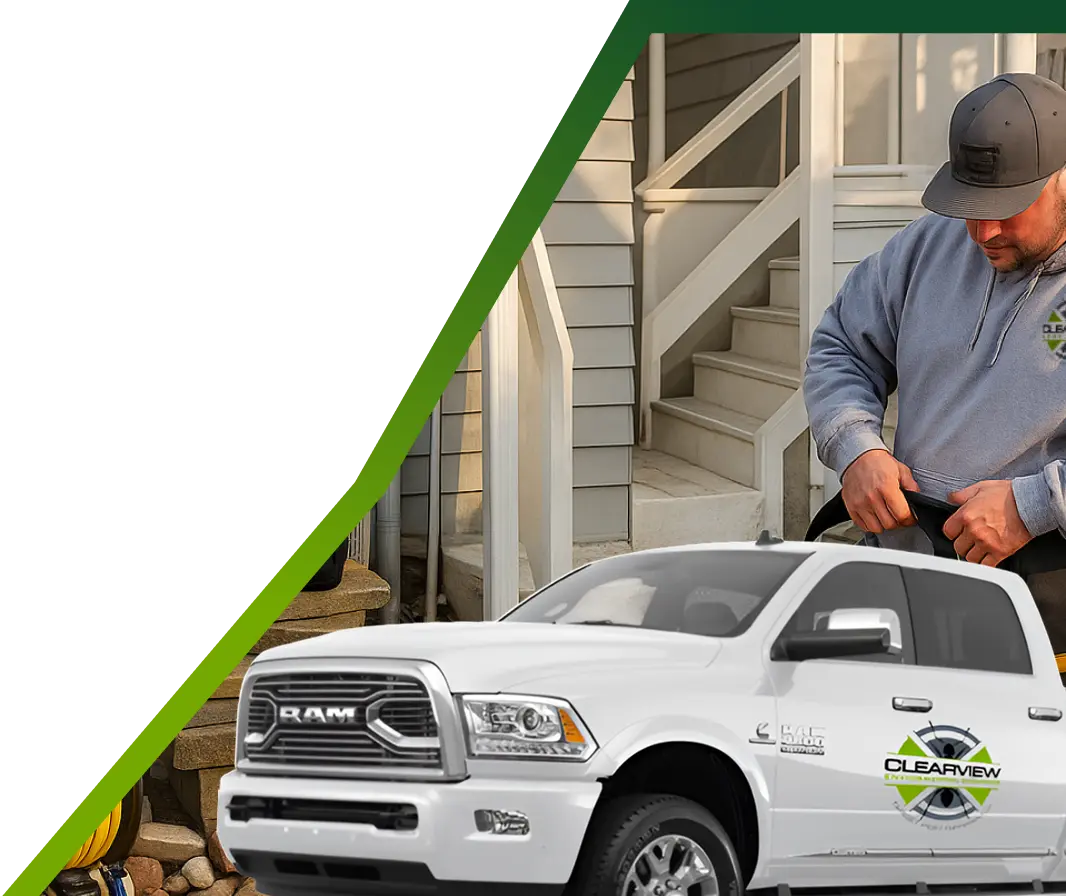Why Pest Management is Essential for Business Sustainability and Growth
Effective pest management for businesses safeguards brand integrity, prevents regulatory fines, and avoids costly property damage. By proactively addressing infestations, companies protect customer trust, ensure a healthy work environment, and secure financial stability. This article explores why commercial pest control is critical for business success, highlights its key benefits, explains Integrated Pest Management (IPM), outlines industry-specific solutions, and guides the selection of a reliable pest management provider.
Want long-term pest protection for your business? Learn why Integrated Pest Management is important for businesses.
Why Is Pest Management Crucial for Business Success?
Pest management is fundamental to maintaining operational continuity and safeguarding assets. Businesses that implement structured pest control minimize disruptions and reinforce their commitment to hygiene and safety, which underpins customer confidence and compliance with industry standards.
Running a restaurant, healthcare facility, or warehouse in New Jersey or New York? You’ll need a proactive partner to help you avoid shutdowns, damage, and PR disasters. Check out how frequently you should hire commercial pest control services in Bayonne to keep your business running smoothly.
How Do Pests Impact Business Reputation and Customer Trust?

Pests damage your reputation by showing customers that cleanliness isn’t your top priority. Even a single cockroach or rodent sighting can trigger bad reviews, social media rants, and loss of repeat business.
Impact of Pests on Business Reputation
Pest infestations can significantly damage a business’s reputation, leading to negative feedback and public distrust. Customers often associate pests with filth, carelessness, and safety concerns. Addressing pest problems early helps prevent brand damage and ensures a clean, welcoming environment for everyone who walks through your doors.
Source: Smith, A., “The Impact of Pests on Business Reputation,” Journal of Business Management (2022)
For industries like food service, where reputation is everything, it’s critical to stay ahead. Start with our guide on pest prevention in food handling facilities.
What Health and Safety Risks Do Pests Pose to Employees and Customers?

Cockroaches, rodents, and flies can spread harmful pathogens like Salmonella, E. coli, and Listeria. That means infestations don’t just look bad—they put your team and customers at serious risk of illness.
Health Risks Posed by Pests
Pest activity contributes to workplace absenteeism, increases liability risk, and can even lead to temporary business closure by health inspectors. Maintaining a pest-free facility protects your people and your profits.
Source: Brown, L., “Public Health Risks Associated with Pest Infestations,” Environmental Health Perspectives (2021)
Want to reduce the chance of rodent-related contamination? Read our article on 5 things in your home that attract rodents—many apply to businesses too.
How Can Pest Infestations Lead to Financial Losses and Property Damage?
Pests like termites chew through structures, rats gnaw on wiring, and roaches contaminate inventory. Left untreated, these issues lead to expensive repairs, product loss, and even lawsuits.
One overlooked mouse problem in a retail store can turn into tens of thousands in damage. Get ahead of it—learn how to keep your retail store rodent-free.
What Are the Key Benefits of Commercial Pest Management?
Commercial pest management offers more than just extermination. Here’s how your business benefits:
- Reputation Protection: Keeps customers confident and reviews positive.
- Regulatory Compliance: Helps avoid health code violations and penalties.
- Workforce Well-Being: Reduces illness and improves morale.
- Operational Efficiency: Prevents downtime from infestations and emergency treatments.
These benefits work together to protect your assets, your people, and your future.
Tip: If you’re unsure where to start, check out our guide on what to expect during a professional pest control service visit.
Which Industries Require Specialized Pest Management Solutions?
Not all businesses face the same pest pressures. A restaurant and a medical clinic need different pest control protocols. Here’s how Clearview tailors its solutions:
| Industry | Common Pests | Key Solutions |
|---|---|---|
| Restaurants | Rodents, Roaches | HACCP-aligned inspections, exclusion, and sanitation plans. |
| Healthcare | Flies, Bed Bugs | Sterile protocols, discreet monitoring, and rapid response. |
| Offices | Rodents, Ants | Entry point sealing and low-impact treatments to protect staff and documents. |
| Warehousing | Rodents, Stored Product Pests | Monitoring and barrier systems, inventory protection, structural inspections. |
| Retail | Mice, Spiders | Ongoing monitoring and retail-specific rodent prevention. |
You don’t need a one-size-fits-all solution. You need one that fits your building, your operations, and your budget.
How Do You Choose the Right Commercial Pest Control Provider?
Picking the cheapest pest control company might work once—but it won’t solve the long-term problem. Look for providers that offer customizable plans, certified technicians, transparent reporting, and emergency service options.
Here’s your 60-second checklist:
- ✅ Licensed & insured
- ✅ Experience in your industry
- ✅ Offers IPM strategies
- ✅ Digital tracking & reporting
- ✅ Satisfaction guarantees
Use this guide on 5 tips for selecting a pest control company to evaluate your current provider—or find a better one.
How Does Technology Enhance Modern Pest Control Services?
Today’s pest control goes way beyond mousetraps and sprays. Leading companies (like Clearview) use:
- IoT-enabled traps for real-time rodent detection
- Digital monitoring platforms to track trends
- AI-driven analytics that predict infestations before they start
These technologies reduce the need for blanket pesticide applications and deliver smarter insights about your property’s pest risk. It’s not just cleaner—it’s faster, safer, and more cost-effective.
Curious how this fits your business? Read how frequent service visits in Bayonne can integrate tech into your pest management strategy.
What Are Common Contract Types and Service Options for Businesses?
Commercial pest control plans aren’t one-size-fits-all. Most companies offer a mix of:
- One-time treatments for emergency issues
- Quarterly services for general maintenance
- Monthly or bi-weekly visits for high-risk facilities like restaurants
- Custom IPM contracts with digital reporting and staff training
- Emergency call-outs for infestations or inspection prep
Want to avoid last-minute chaos before an inspection? Make sure you have a year-round pest partner. If you’re in New York, see how often your restaurant might need a roach exterminator.

Final Thoughts: Protecting More Than Just Property
Pests don’t just chew wires or contaminate food—they jeopardize your reputation, violate health codes, and hurt your bottom line. Investing in smart, strategic commercial pest management isn’t optional. It’s part of doing business responsibly.
Want expert help with your business pest control? Meet Clearview Environmental Sciences, an NYC Exterminator trusted by companies across NJ and NY.



